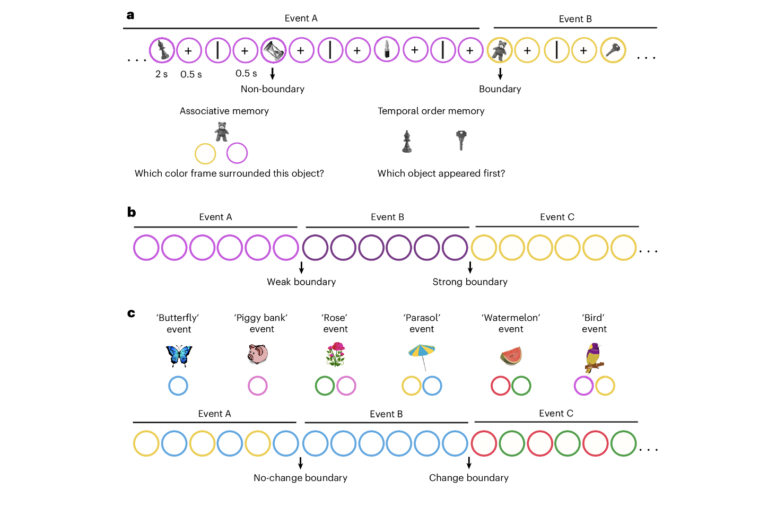Dr. Henry Mahncke: Advice to Employers on the Hybrid Workplace from a Brain Scientist

Interview of Dr. Henry Mahncke about the impact of a hybrid workplace on the brain health and performance of employees.
Dr. Mahncke got his PhD in Neuroscience at the University of California, San Francisco in the Merzenich Lab, which discovered the brain remains “plastic”– capable of structural and functional change – at any age, and then, at the request of his academic mentor, Dr. Mahncke led a global team in harnessing that plasticity through the computerized brain exercises found in the BrainHQ app, which is produced by Posit Science, where he is the CEO. BrainHQ is available globally in 12 languages (including English, Hebrew, and Arabic) and can be found at brainhq.com.
What effects does a hybrid workplace have on employee cognition? Does it improve or degrade performance?
As the leader of a brain training company – and a neuroscientist – I think a lot about what affects cognition. We moved to fully remote work as the pandemic began, and now operate a hybrid workplace. Remote work certainly affects cognition. On the positive side, people often report fewer distractions, better ability to focus on individual work, and lower stress from better balance of work and family. On the other hand, some find home and family can be a distraction from the focus required for work, and people commonly report “Zoom fatigue” – cognitive impairment (including “brain fog”) from excessive online meetings. Hybrid work, if properly managed, should allow people to have the best of both worlds – being at home when periods of intense focus are required (with a bit of extra work time from not commuting), and being in the workplace when periods of intense interpersonal collaboration are required.
How can employers mitigate negative effects or maximize positive ones?
Employers can maximize cognitive benefits by allowing individuals or small teams to make decisions about where to work each day to maximize their cognitive efficiency and overall productivity. This means top executives shouldn’t dictate a global policy – for example, in-person work for everyone on Monday, Tuesday, and Thursday – and should let small groups sort out what makes them most productive. A software engineering team might only decide to meet in-person once a month, while a marketing team might alternate between periods in the office to brainstorm new campaigns and periods at home writing the copy.
In the move to remote work, are employees losing their sense of limits to the workplace?
Many people report working more hours from home than they did at work. Some of this can be attributed to a lack of commute. But in some cases, working from home can turn into working around the clock – scheduling calls before breakfast or after dinner, and emails and Slack messages around the clock. This may seem good for productivity to bosses – but it comes at the cost of cognitive performance for employees. To deliver peak cognitive performance at work, the brain needs downtime – a good night’s sleep as well as time for friends, family, and leisure. To operate at its peak, your brain needs recovery time – just like your body.
Did some employees make great mistakes because of remote work?
Probably the biggest risk from remote work is employees making mistakes in social cognition – how our brains recognize and interpret social cues from other people. It’s easy on a Zoom call to misread reactions and, for example, think that someone is frustrated with your idea, when they’re just frustrated with being on Zoom all day. Social cognition errors can lead to big problems – poor group work and morale, missed deadlines, or key employees leaving. Managers can also make the mistake of underestimating the contribution of remote workers, and should make an added effort to interact with each report in order to ensure they don’t fall prey to “out of sight, out of mind.”
What do employers need to think about?
Employers should think about how they can build a workplace that maximizes cognitive performance – and how that will help them attract and retain top talent. A great hybrid work strategy can make you an employer of choice for top performers – or, an employer that top performers avoid, because high performers want to work at a place that helps them be their best. The right workplace benefits strategy can help as well – offering ways to help every employee maximize their cognitive performance – through choice of workplace, personalizing the work environment, and offering tools to improve cognitive performance. At Posit Science, we make BrainHQ – a brain training program proven in studies to help people think faster, focus better, and remember more – and we’re seeing more and more interest from workplaces in using BrainHQ to sharpen cognitive performance and help workers deliver key results.






